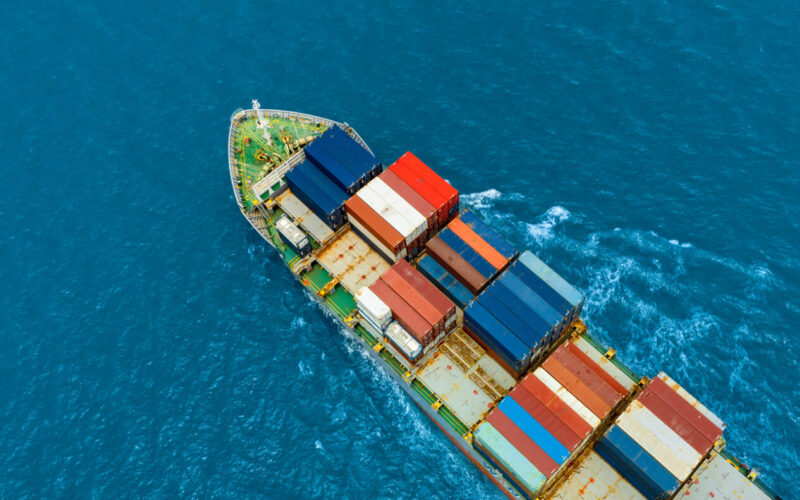OCEAN Alliance shows inconsistency in carbon emissions calculations
Sea-Intelligence has analysed the online carbon emissions calculators provided by members of the OCEAN Alliance.

The company stated that it especially considered shipping 1 TEU via Shanghai-Rotterdam.
CMA CGM includes results for three of the five OCEAN Alliance services,
with the remaining two serving Rotterdam-Shanghai on the backhaul owing to
routing sequence.
Evergreen and Orient Overseas Container Line Ltd. (OOCL) give metrics for all five services, with OOCL including its non-alliance LLX service. COSCO only supplies one measurement for its AEU3 service.
Switching from CMA CGM to OOCL may potentially lower emissions by 71 per cent. The company noted that this is not accurate because the cargo moves on the same underlying vessel, but it does represent significant variances in approach, most notably CMA CGM’s usage of Well-to-Wake.
To circumvent this specific problem, Sea-Intelligence noted that it may exclude CMA CGM from the comparison and instead compare OOCL to Evergreen, resulting in a possible reduction in carbon emissions of up to 42 per cent – which, again, is not accurate.
Alan Murphy, CEO of Sea-Intelligence, said: “This goes to show that it is wholly impossible for shippers to use the carriers’ carbon calculators, for any kind of meaningful comparative analysis. In their own right, some calculators might be methodologically sound.
“However, over the years, the carriers have begun diverting even more in their methodological choices, bringing us to a point, where it is now even less informative from a comparative standpoint than 13 years ago, when we first did this analysis.”
Recently, Sea-Intelligence assessed the probable impact of real container quantities if the International Longshore Association’s (ILA) strike occurs.

